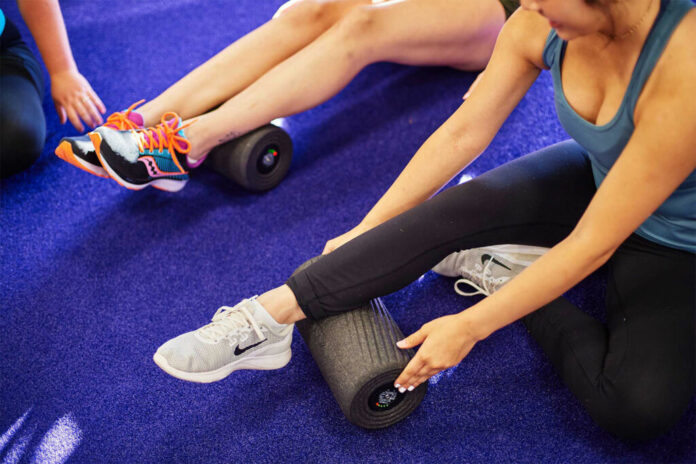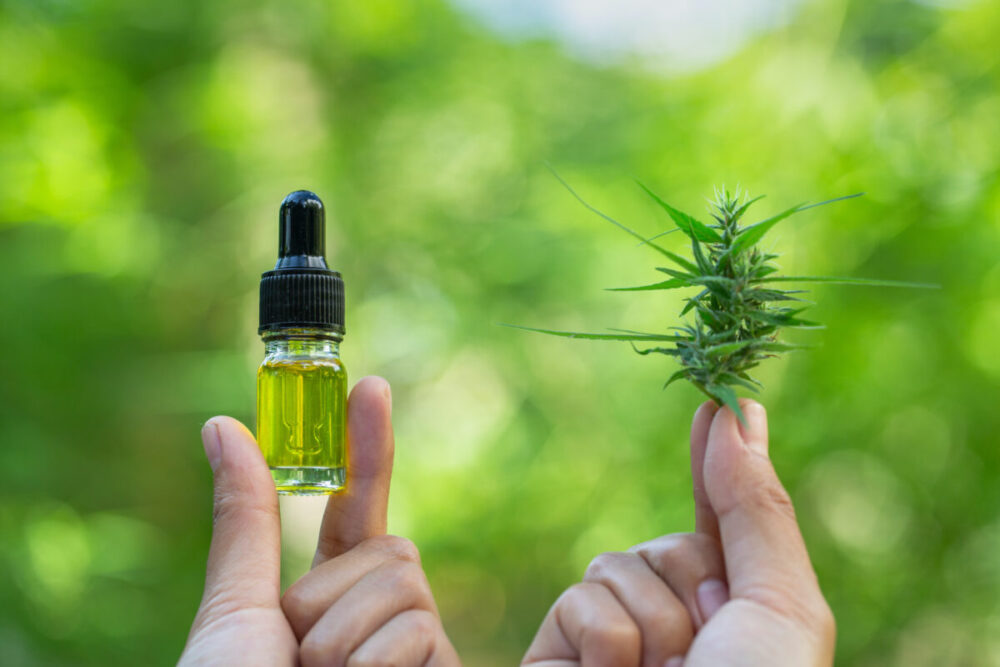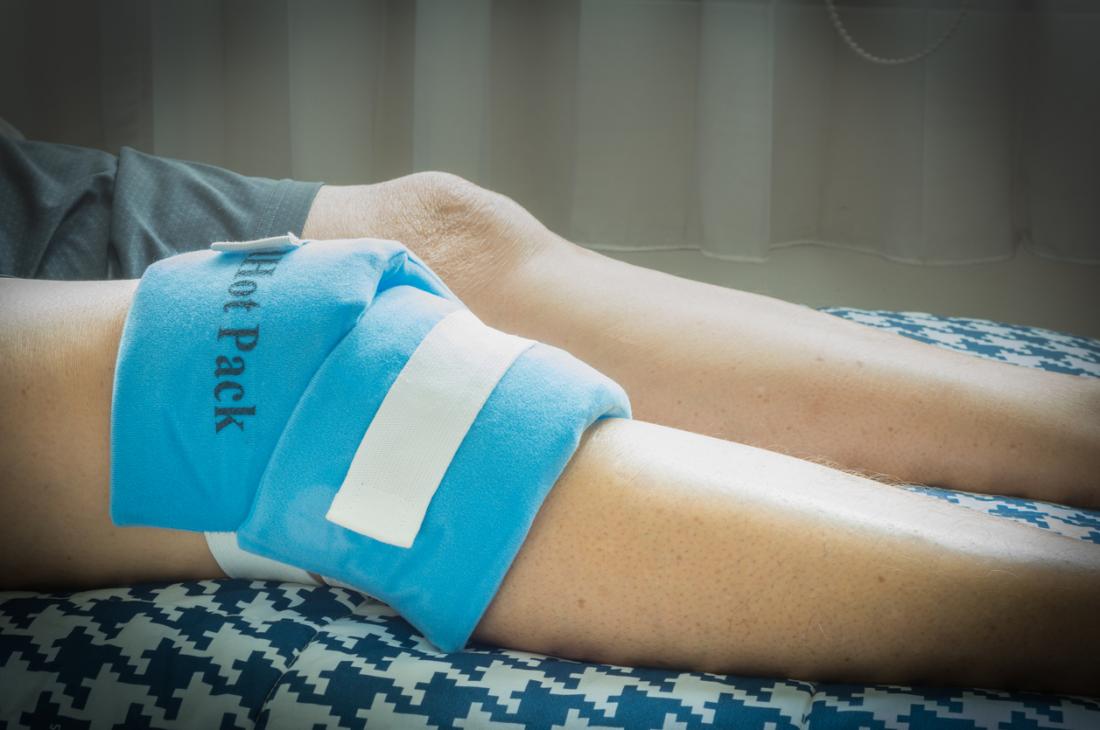
There are few things as frustrating after strenuous activity as sore muscles that limit your abilities for days on end. While sore muscles often correct themselves with time, you can experience them time and time again after a new activity that your body isn’t used to.
While you might not be able to prevent sore muscles, you can do several things to limit their impact on your life and ease your discomfort. Keep the following information in this guide in mind the next time you start exploring a new workout or strenuous activity.
There Are Two Types of Muscle Soreness
You might think that all muscle soreness is the same. You partake in a new activity, and your muscles feel uncomfortable and sore afterward. However, you might actually experience one of two muscle soreness types: acute/immediate or delayed onset.
Acute or immediate muscle soreness is a type of burning pain you can feel while partaking in a strenuous or high-intensity exercise. This form of soreness results from metabolites building up in the muscle. While painful, it typically resolves quickly.
Delayed onset muscle soreness takes much longer to develop. You might feel okay immediately after exercise, but you start to feel pain and stiffness within one to three days. This form of muscle pain results from small tears in the muscle fibers and surrounding muscle tissue during exercise. It’s commonly associated with new or more intense workouts that your body isn’t used to.
Try CBD Products

Most athletes and everyday people partaking in strenuous activities would likely try anything to relieve their pain and discomfort, so a CBD topical product might be worth exploring. While studies are in their infancy, there is preliminary supportive evidence of CBD having anti-inflammatory, analgesic, neuroprotective, and anxiolytic properties to potentially promote the healing of traumatic skeletal injuries.
When study participants were given a high CBD dose for muscle-specific inflammation, muscle strength and coordination improvements were noted, as were reductions in tissue degeneration. When you’re trying to limit your pain medication intake or want an easy-to-use, natural, and readily available product, CBD topicals that you can roll onto sore parts of your body for targeted relief might be worth trying.
Eat Anti-Inflammatory Foods
Not everyone wants to immediately consume anti-inflammatory drugs that may or may not ease their pain. Fortunately, you have much tastier alternative options like anti-inflammatory foods. A considerable amount more research needs to be undertaken before we know with certainty, but antioxidant-rich foods consumed over a long period might reduce symptoms associated with exercise-induced muscle damage. They might also improve muscle function.
So far, initial evidence shows promise for juices consisting of beetroot, tart cherry, watermelon, and pomegranate. There are also promising supplements containing pineapple, curcumin, taurine, ginseng, and ginger.
The same study explored blackcurrant extract as a possible alleviator of muscle pain, and there’s potential for this fruit to prove helpful for healthy adults partaking in daily moderate physical activity. Blackcurrants are rich in anthocyanins, which have antioxidant and anti-inflammatory properties. The next time you decide to try a new form of exercise, consider consuming antioxidant-rich fruits and see if you notice a difference in your immediate and delayed muscle soreness.
Try Heat Therapy

Once you finish a particularly grueling workout, you likely know that muscle soreness will follow. However, it doesn’t have to reach its full intensity if you apply heat immediately. Both dry and moist heat may reduce delayed onset muscle soreness and help ease any eventual pain.
Immediately after your workout routine, take a warm bath, apply warm damp towels to the muscles you worked out, or use wet heating packs. While heat may feel uncomfortable when your body is trying to cool itself down, your muscles might thank you for it later.
Try Milk Protein
If you’re experiencing extreme muscle pain after a particularly intense workout, it can sometimes feel like nothing will ease your pain except for time. While you might decide to take a few extra days off exercise to recover after working out a muscle group you haven’t used in a while, milk protein might be able to alleviate some of your pain.
Milk protein is a concentrated milk product with up to 90% milk protein. While you can generally find it in drinks and concentrated milk products, it’s also available in powdered form.
A study investigated the effects of aseptic inflammation induced by exercise and protein ingestion on inflammatory responses, muscle function, and muscle damage. The preliminary findings were that milk protein concentration might accelerate skeletal muscle strength recovery when intense aseptic inflammation occurs.
Exercise More
Exercising after experiencing extreme muscle pain can be the last thing you feel like doing, but continuing your exercise routine might be how you limit sore muscles in the future. Sore muscles are natural after performing an exercise your body isn’t used to, and by repeating those same exercises, you’re less likely to experience muscle pain unless you change up your routine or its intensity.
Consume Antioxidant Supplements

While some healthcare providers recommend acetaminophen to relieve muscle-related pain, many people prefer more natural options in the form of supplements. However, with so many supplements on the market, it’s hard to know which one to pick.
Antioxidant supplements containing curcumin from turmeric, fish oil, and omega-3 fatty acids might all be desirable for reducing muscle-related pain and accelerating recovery. One study even found that supplements with curcumin resulted in moderate to large pain reductions during squat jumps, gluteal stretches, and single-leg squats.
Book a Massage
Muscle soreness can be a frustrating bump in the road when you’re working toward an exercise goal. You likely want to feel at your best, and muscle pain is standing in the way. While many people book massages with massage therapists to relax, you might also choose to book a session to relieve your delayed onset muscle soreness.
Studies have shown the potential to significantly decrease muscle soreness by receiving massage intervention. The study concluded by saying that massage therapy after strenuous exercise could effectively alleviate delayed onset muscle soreness and improve muscle performance.
Sore muscles can be frustrating, especially when you want to partake in strenuous activities without feeling uncomfortable and in pain for days afterward. While muscle pain is a natural part of new exercise routines, you might experience some relief and even accelerate the healing process by trying some of these products and activities above.








